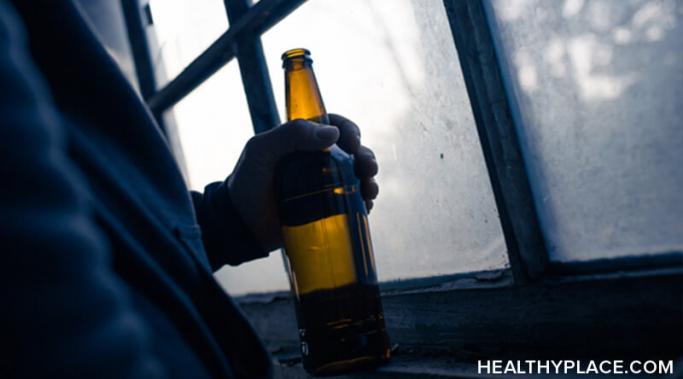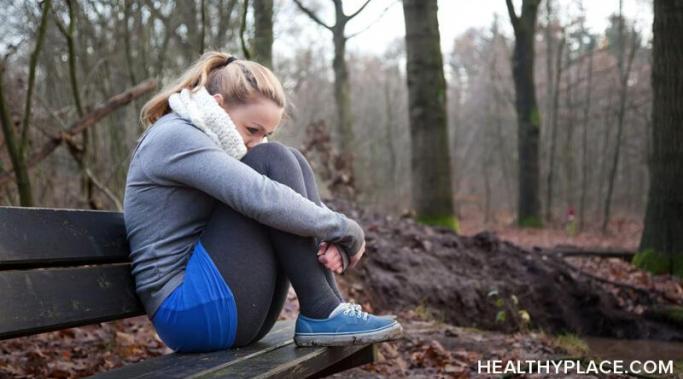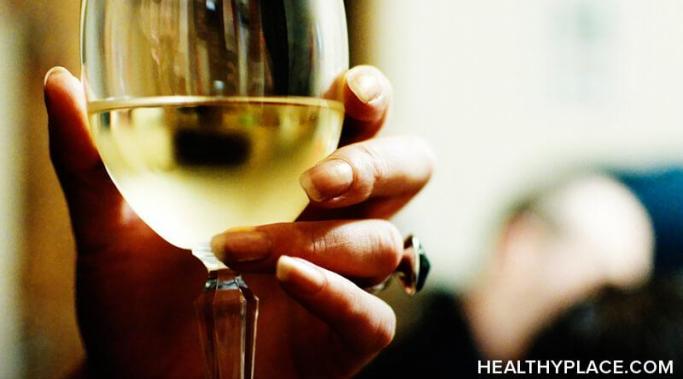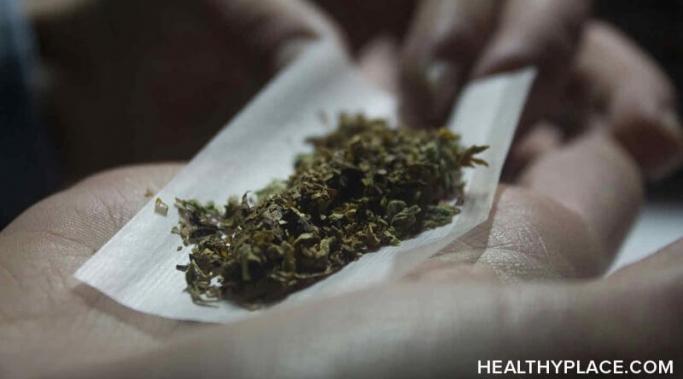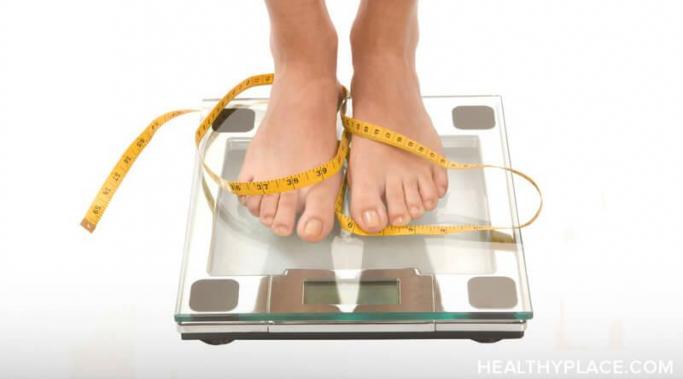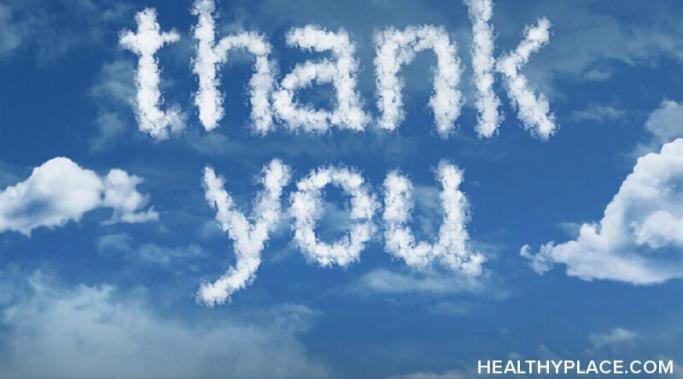I left the UK to undergo alcohol treatment in South Africa, so it was inevitable that this would alter my perspective somewhat. However, after spending more time in this new environment, several striking realizations about the UK's negative relationship were crystal clear. After talking to numerous people from the same country and background, there was a common thread of early exposure to alcohol having long-lasting consequences. In short, I learned that teenage drinking can lead to addiction.
Debunking Myths
According to Dr. Gabor Mate, underneath all addictive behaviors lies a deep, unresolved trauma wound.[1] One thing that helped me start releasing the shame I carry for struggling with addiction was learning about the two types of trauma: "big T" and "little t" trauma. Big T trauma is related to an acute, severe event like sexual assault or going to war. While little t trauma accumulates over time in response to things like active shooter drills or a childhood steeped in diet culture.[2] These two types of trauma are important to understand.
One of the most harmful myths surrounding alcohol addiction recovery is the idea of relapse and day one. Mainstream recovery modalities and the criminal justice system use fear to ignite abstinence, preaching that perfection is the only acceptable path forward. It is normal and expected to relapse and return to day one after a slip.
The media's portrayal of alcohol addiction hurts people. Last week there was an article on the front page of my local newspaper about a man who was publicly intoxicated. The paper printed his name, hometown, and mugshot for everyone to see. This story was the talk of the tiny, touristy town where I live. Everyone thought it was acceptable to mock this man who struggles with alcohol. After this media portrayal of alcohol addiction and the ensuing jokes, I found myself in a triggered tailspin.
A few weeks ago, I told my therapist that I would not have been able to get sober without using cannabis. She chuckled, gave me a funny look, and asked if I thought cannabis use equaled sobriety. Caught off guard, I couldn't help but wonder if she had a point. Were my years of sobriety erased? Did I need to go back to day one? Can I use cannabis and still call myself sober?
Recently, I have noticed a disturbing diet-talk trend whenever I am with a group of women. Last week, for example, someone at my job said they eat less than 1000 calories while dieting. Another is preparing for her upcoming wedding by eliminating all carbohydrates. Constantly, I hear things like, "I'm trying to be good, so I'm not eating sugar," or "I was so bad last night because I ate ice cream."
Writing has always been a healthy outlet for me to process and express my feelings. I have been writing since I was a young girl, and it has helped me through some of the darkest periods in my life. Throughout my time writing for HealthyPlace, I have had some incredible personal breakthroughs and have been able to connect with many others who battle similar demons. However, my path has taken me in a different direction, and I am saying a final goodbye to my readers within the "Debunking Addiction" blog.
Full disclosure, I was very nervous to begin writing on alcohol abuse and addiction. I have many friends who only know me as a heavy drinker and others who may be unaware of just how much I struggle with this drug. I have felt nervous because I am writing on alcohol abuse and mental illness, yet I would not consider myself an alcoholic, nor would I ever use this term lightly.
Lately, I have experienced a few uncomfortable conversations with some of my nonaddicted friends questioning the strength and tenacity of recovering addicts. I imagine the concepts and struggles of behavioral and substance addictions seem quite confusing to those who have never fought these horrific demons firsthand. I grew up in a home with addiction, so prior to experiencing this for myself, I also had a lot of questions and confusion around the topic of addiction. However, now I can truthfully say with confidence that recovering addicts are likely some of the strongest and most capable people you will ever meet in your life.
In my experience, there is a monumental difference between healthy, relational sex and addictive, compulsive sexual behavior. As a recovering sex addict, I have witnessed firsthand the detrimental impacts of using sex as a means to cope with or numb your emotions. Some might believe that habits such as this are harmless and merely a rite-of-passage for most young adults, but I am here to tell you that unhealthy sexual behaviors do not have to be your normal way of life. You can willfully choose a different path and intentionally decide to utilize sex in a healthy way.
